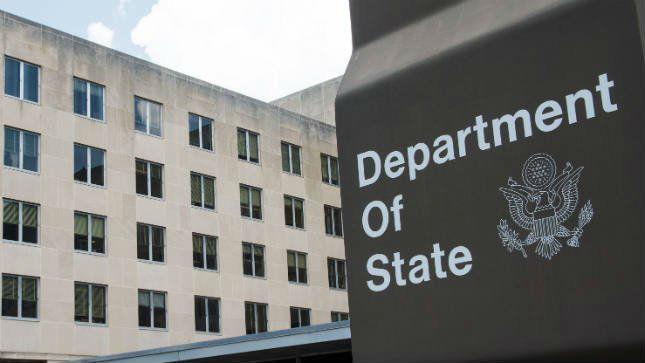
Urges India to foster an attractive and reliable investment climate by reducing barriers and minimizing bureaucratic hurdles
Despite ambitious structural economic reforms in the wake of Covid-19 pandemic, India remains a challenging place to do business, says a new US report urging New Delhi to foster an attractive and reliable investment climate.
“The Government of India continued to actively court foreign investment,” acknowledged the US Department of State’s 2021 Investment Climate Statement for India released Wednesday.
Prepared by economic officers stationed in embassies and posts around the world these statements provide country-specific information on the business climates of more than 170 countries and economies.
“In the wake of Covid-19, India enacted ambitious structural economic reforms, including new labor codes and landmark agricultural sector reforms, that should help attract private and foreign direct investment,” the report noted.
“India, however, remains a challenging place to do business,” it said listing a litany of issues such as “new protectionist measures, including increased tariffs and procurement rules that limit competitive choices.”
Read: Post-pandemic recovery: Digitization of midsize business economy (July 19, 2021)
Other issues cited included “sanitary and phytosanitary measures not based on science, and Indian-specific standards not aligned with international standards, effectively closed off producers from global supply chains and restricted the expansion in bilateral trade.”
“The US government continued to urge the Government of India to foster an attractive and reliable investment climate by reducing barriers to investment and minimizing bureaucratic hurdles for businesses,” the State Department said.
Listing the reforms undertaken by India, the report noted that in “February 2021, the Finance Minister announced plans to raise $2.4 billion though an ambitious privatization program that would dramatically reduce the government’s role in the economy.”
“In March 2021, parliament further liberalized India’s insurance sector, increasing the foreign direct investment (FDI) limits to 74 percent from 49 percent, though still requiring a majority of the Board of Directors and management personnel to be Indian nationals.”
“In response to the economic challenges created by Covid-19 and the resulting national lockdown, the Government of India enacted extensive social welfare and economic stimulus programs and increased spending on infrastructure and public health,” it noted .
The government also adopted production linked incentives to promote manufacturing in pharmaceuticals, automobiles, textiles, electronics, and other sectors, the report noted.
“These measures helped India recover from an approximately eight percent fall in GDP between April 2020 and March 2021, with positive growth returning by January 2021,” it said.
Prime Minister Narendra Modi led “government’s first 100 days of its second term were marked by two controversial decisions,” the State Department said.
“The removal of special constitutional status from the state of Jammu and Kashmir (J&K) and the passage of the Citizenship Amendment Act (CAA).”
Protests followed the enactment of the CAA but ended with the onset of Covid-19 in March 2020 and the imposition of a strict national lockdown.
The management of Covid-19 became the dominant issue in 2020 including the drop in economic activity and by December 2020, economic activity started to show signs of positive growth.
The BJP-led government has faced some criticism for its response to the recent surge in Covid-19 cases,” the report noted.



